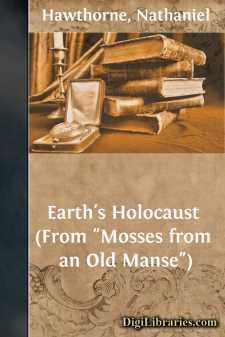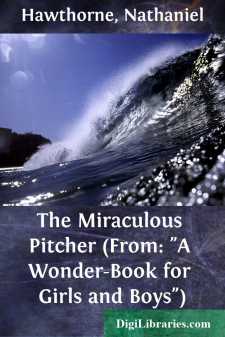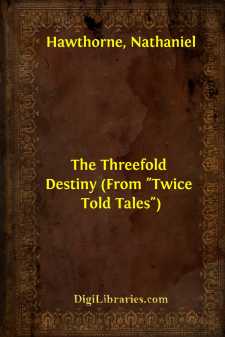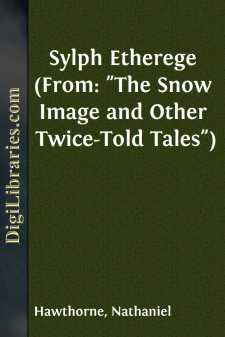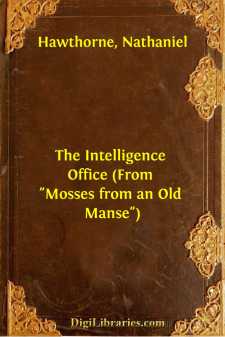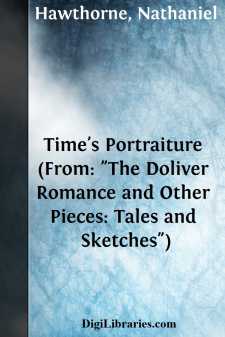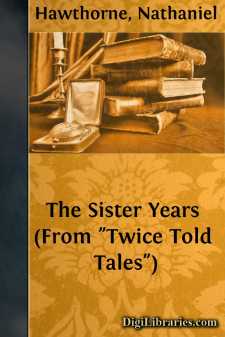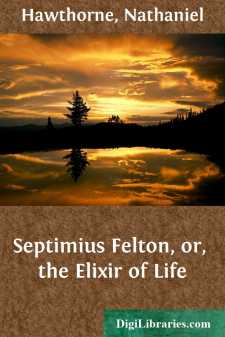Categories
- Antiques & Collectibles 13
- Architecture 36
- Art 48
- Bibles 22
- Biography & Autobiography 816
- Body, Mind & Spirit 145
- Business & Economics 28
- Children's Books 17
- Children's Fiction 14
- Computers 4
- Cooking 94
- Crafts & Hobbies 4
- Drama 346
- Education 58
- Family & Relationships 59
- Fiction 11834
- Foreign Language Study 3
- Games 19
- Gardening 17
- Health & Fitness 34
- History 1378
- House & Home 1
- Humor 147
- Juvenile Fiction 1873
- Juvenile Nonfiction 202
- Language Arts & Disciplines 89
- Law 16
- Literary Collections 686
- Literary Criticism 179
- Mathematics 13
- Medical 41
- Music 40
- Nature 179
- Non-Classifiable 1768
- Performing Arts 7
- Periodicals 1453
- Philosophy 66
- Photography 2
- Poetry 897
- Political Science 203
- Psychology 45
- Reference 154
- Religion 516
- Science 126
- Self-Help 85
- Social Science 82
- Sports & Recreation 34
- Study Aids 3
- Technology & Engineering 59
- Transportation 23
- Travel 463
- True Crime 29
Our website is made possible by displaying online advertisements to our visitors.
Please consider supporting us by disabling your ad blocker.
Earth's Holocaust (From "Mosses from an Old Manse")
Description:
Excerpt
Once upon a timeâbut whether in the time past or time to come is a matter of little or no momentâthis wide world had become so overburdened with an accumulation of worn-out trumpery, that the inhabitants determined to rid themselves of it by a general bonfire. The site fixed upon at the representation of the insurance companies, and as being as central a spot as any other on the globe, was one of the broadest prairies of the West, where no human habitation would be endangered by the flames, and where a vast assemblage of spectators might commodiously admire the show. Having a taste for sights of this kind, and imagining, likewise, that the illumination of the bonfire might reveal some profundity of moral truth heretofore hidden in mist or darkness, I made it convenient to journey thither and be present. At my arrival, although the heap of condemned rubbish was as yet comparatively small, the torch had already been applied. Amid that boundless plain, in the dusk of the evening, like a far off star alone in the firmament, there was merely visible one tremulous gleam, whence none could have anticipated so fierce a blaze as was destined to ensue. With every moment, however, there came foot-travellers, women holding up their aprons, men on horseback, wheelbarrows, lumbering baggage-wagons, and other vehicles, great and small, and from far and near, laden with articles that were judged fit for nothing but to be burned.
"What materials have been used to kindle the flame?" inquired I of a bystander; for I was desirous of knowing the whole process of the affair from beginning to end.
The person whom I addressed was a grave man, fifty years old or thereabout, who had evidently come thither as a looker-on. He struck me immediately as having weighed for himself the true value of life and its circumstances, and therefore as feeling little personal interest in whatever judgment the world might form of them. Before answering my question, he looked me in the face by the kindling light of the fire.
"O, some very dry combustibles," replied he, "and extremely suitable to the purpose,âno other, in fact, than yesterday's newspapers, last month's magazines, and last year's withered leaves. Here now comes some antiquated trash that will take fire like a handful of shavings."
As he spoke, some rough-looking men advanced to the verge of the bonfire, and threw in, as it appeared, all the rubbish of the herald's office,âthe blazonry of coat armor, the crests and devices of illustrious families, pedigrees that extended back, like lines of light, into the mist of the dark ages, together with stars, garters, and embroidered collars, each of which, as paltry a bawble as it might appear to the uninstructed eye, had once possessed vast significance, and was still, in truth, reckoned among the most precious of moral or material facts by the worshippers of the gorgeous past. Mingled with this confused heap, which was tossed into the flames by armfuls at once, were innumerable badges of knighthood, comprising those of all the European sovereignties, and Napoleon's decoration of the Legion of Honor, the ribbons of which were entangled with those of the ancient order of St. Louis. There, too, were the medals of our own Society of Cincinnati, by means of which, as history tells us, an order of hereditary knights came near being constituted out of the king quellers of the Revolution. And besides, there were the patents of nobility of German counts and barons, Spanish grandees, and English peers, from the worm-eaten instruments signed by William the Conqueror down to the bran-new parchment of the latest lord who has received his honors from the fair hand of Victoria.
At sight of the dense volumes of smoke, mingled with vivid jets of flame, that gushed and eddied forth from this immense pile of earthly distinctions, the multitude of plebeian spectators set up a joyous shout, and clapped their hands with an emphasis that made the welkin echo. That was their moment of triumph, achieved, after long ages, over creatures of the same clay and the same spiritual infirmities, who had dared to assume the privileges due only to Heaven's better workmanship. But now there rushed towards the blazing heap a gray-haired man, of stately presence, wearing a coat, from the breast of which a star, or other badge of rank, seemed to have been forcibly wrenched away. He had not the tokens of intellectual power in his face; but still there was the demeanor, the habitual and almost native dignity, of one who had been born to the idea of his own social superiority, and had never felt it questioned till that moment....


